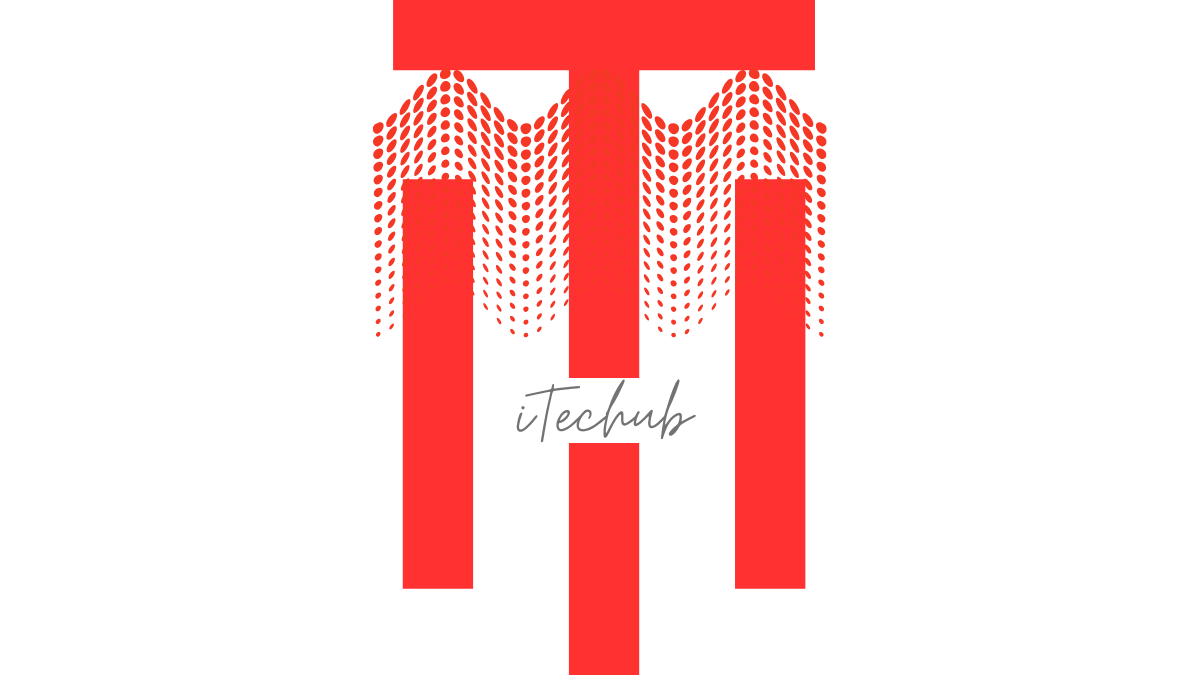
Open-source leader democratizes robotics with low-cost hardware integration and modular AI workflows.
Hugging Face, the AI community best known for democratizing access to machine learning models, has unveiled Pi-Zero, a game-changing addition to its LeRobot robotics platform. Announced at the Robotics: Science and Systems (RSS) 2024 conference, Pi-Zero combines affordable Raspberry Pi Zero 2W hardware with Hugging Face’s signature open-source tools, empowering developers to prototype and deploy AI-driven robots at a fraction of traditional costs.
What is LeRobot?
Launched in early 2024, LeRobot is Hugging Face’s robotics ecosystem designed to simplify AI integration for roboticists. Unlike proprietary systems, LeRobot provides:
- Pre-trained models for object detection, navigation, and manipulation.
- Sim2Real pipelines to transfer simulations to physical robots.
- Community-driven datasets like RobotWarehouse-10K, a collection of warehouse automation logs.
Pi-Zero extends this vision by adding plug-and-play hardware compatibility and lightweight AI optimization.
Pi-Zero: Key Features
Targeting educators, hobbyists, and startups, Pi-Zero bundles:
- $15 Raspberry Pi Zero 2W Board: A credit card-sized computer with quad-core CPU and 512MB RAM.
- LeRobot OS Lite: A Linux-based OS preloaded with ROS 2 (Robot Operating System) and Hugging Face’s Transformers-Edge library.
- Modular AI Blueprints: Ready-to-deploy workflows for tasks like:
- Gesture-based control (using tiny vision transformers).
- Collision avoidance (via distilled reinforcement learning models).
- Natural language commands (powered by a 100M-parameter LLM).
During a demo, a Pi-Zero-powered rover navigated a cluttered room using just 3W of power—less than a smartphone charger.
Lowering the Barrier to Robotics
Traditional robotics development often requires:
- Expensive hardware (e.g., NVIDIA Jetson kits starting at $199).
- Proprietary software licenses.
- Months of tuning for AI integration.
Pi-Zero slashes these hurdles:
- Cost: Full starter kits (board, motors, sensors) retail for $99.
- Simplicity: One-click deployment of community models from Hugging Face Hub.
- Scalability: From classroom experiments to swarm robotics.
“Pi-Zero isn’t about replacing industrial robots,” said Dr. Thomas Wolf, Hugging Face’s Chief Science Officer. “It’s about letting anyone, anywhere, experiment with embodied AI.”
Community-Driven Innovation
Hugging Face is betting on its open-source ethos to accelerate robotics R&D:
- Pi-Zero Challenge: A $50,000 grant program for projects using Pi-Zero in sustainability or healthcare.
- LeRobot Hub: A GitHub-style platform to share robot configurations (e.g., “Autonomous Gardener” or “Disaster Relief Scout”).
- Educational Kits: Partnering with Arduino and Adafruit for STEM workshops.
Early adopters include:
- FarmBot: Prototyping weed-detection robots for small-scale farms.
- Open Robotics Foundation: Testing low-cost search-and-rescue drones.
Technical Breakthroughs
Pi-Zero’s edge AI capabilities stem from two innovations:
- NanoTransformers: Hugging Face’s new family of models under 50MB, trained via layer pruning and quantization-aware training.
- Hardware-Aware Finetuning: Automatic model optimization for Raspberry Pi’s Broadcom BCM2710A1 chip.
“We shrunk a object detection model to 4MB without losing accuracy,” said LeRobot lead engineer María Grandury. “It’s like fitting a self-driving car’s brain into a hearing aid.”
Challenges and Criticisms
While praised for accessibility, Pi-Zero faces skepticism:
- Latency Issues: Complex tasks (e.g., real-time SLAM) still require cloud offloading.
- Safety Concerns: Open-source robotics could enable malicious automation.
- Market Saturation: Competing with established platforms like Boston Dynamics’ Spot.
Hugging Face addresses these with:
- On-Device Guardrails: Ethical behavior templates (e.g., “cannot harm humans”).
- Federated Learning: Collaborative model updates without sharing sensitive data.
The Road Ahead
Pi-Zero is the first salvo in Hugging Face’s robotics roadmap. Upcoming features include:
- Pi-Zero Plus ($199): Adds a Google Coral TPU for 10x inference speed.
- LeRobot Cloud: Managed service for multi-robot coordination.
- ROS 2 Transformers: Bridging robot middleware with LLMs for natural language tasking.
As robotics venture capitalist Kelly Chen noted: “Pi-Zero could do for robots what Arduino did for IoT—turn a niche field into a global creative movement.”
How to Get Started
- Pre-order Pi-Zero: Available now on Hugging Face’s hardware store (shipping September 2024).
- Join the Community: Access tutorials and datasets at lerobot.huggingface.co.
- Attend Workshops: Free virtual sessions on Pi-Zero programming start July 15.
